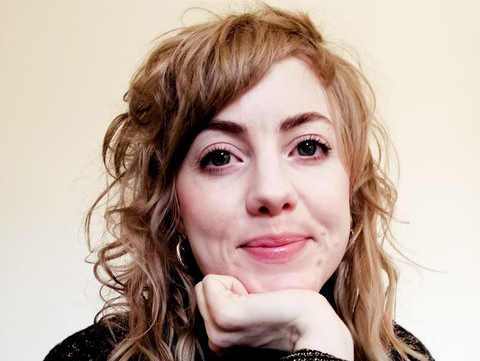Congratulations Emma Frid to this year's musical Bernadotte scholarship!

Emma Frid, PhD in Sound and Music Computing, has been awarded this year’s musical Bernadotte scholarship of SEK 100,000.
Her project ”Exploring the Potential of Haptic Feedback in Digital Musical Instruments for Music Installations in Public Settings” will be carried out in collaboration with the Sound and Music Computing research group at EECS.
How does it feel to receive the scholarship?
I am very honoured and happy to receive this prestigious award. I would like to express my sincere thanks to The Swedish Royal Academy of Music (KMA) for this generous support. I would also like to thank my colleagues at KTH and the Swedish Museum of Performing Arts (Scenkonstmuséet) for supporting my research.
What is your project about?
The project title is “Exploring the Potential of Haptic Feedback in Digital Musical Instruments for Music Installations in Public Settings”. It builds on my PhD research and focuses on how touch and haptic feedback can be used for alternative representations of music in public art installations.
In my previous work on Accessible Digital Musical Instruments (ADMIs) I observed that research on new digital musical instruments largely has excluded certain user groups, such as those with visual- or hearing impairments, young children and elderly people. This despite the fact that modern technologies enable customisation of digital interfaces to fit user needs.
The purpose of my project is to explore how the haptic modality can be used to enable inclusion in music making. The idea is to design digital musical instruments that provide rich multi-sensory experiences and allow for multiple modes of interaction.
What excites you about the project?
I am super excited about exploring how alternative representations of music can be incorporated into public music installations. In particular, I am very glad to get the chance to focus on how underrepresented groups can benefit from music perceived through the sense of touch. It would be really great if the project could contribute to enabling more people to enjoy music-making in public settings. I hope that through this research on designing Accessible Digital Musical Instruments, we can also contribute to improving music interface design overall.
News article about this year’s Bernadotte scholarship recipients (in Swedish)
